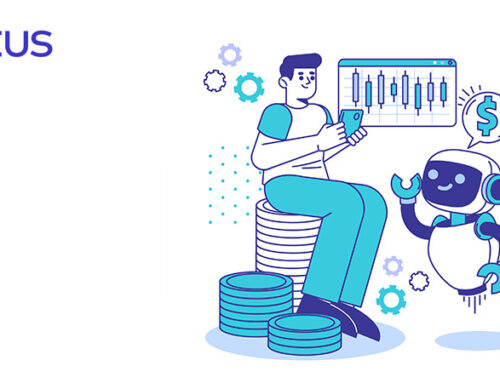
In previous posts we have discussed about certain mercantile aspects of the start-ups. This time we want to talk about some advantages or tax aspects created to promote investment in these types of entities.
Tax aspects created to promote investment in startup.
In this sense, the Business Angels, this is the private investors who invest in a newly created company, will be entitled to tax benefits on their Personal Income Tax and deduct on the personal income tax due a 30% of the capital invested with a maximum base of 60,000 euros.
The entity must meet the following requirements:
- Being a limited company, limited liability company, limited labour company or limited liability labour company, and not be admitted to trade on any organized market.
- Exercise an economic activity with personal and material means for the development of this.
- The amount of the entity’s equity cannot exceed 400,000 euros at the beginning of the tax period in which the taxpayer acquires the shares or participations.
On the other hand, the taxpayer must also satisfy the following conditions:
- The shares in the entity must be purchase at the time of incorporation or by a capital increase carried out in the three years after the incorporation and remain in its assets for a term of more than three years and less than twelve years.
- The participation acquired by the Business Angel and his family cannot exceed 40% of the equity.
- The entity in which the shares are purchase cannot develop the same activity that has been developing before but with another name.
Additionally, when the investor decides to sell the participation in the company, may opt for other tax benefits as it will not have to pay for the capital gain in the event of reinvest in other start-ups or newly created entity.
Other incentives to promote the investment:
Find below a brief summary of other incentives to promote the investment:
- Stock options: Incentives for the workers and directors of a company to participate in the capital of the company in the short or long term, helping to finance the entity at the same time. The income derived from the exercise of the options, when produced in a period of more than two years, may apply a 30% reduction. When in the former five tax periods, the taxpayer has not applied this reduction.
In addition, there is an exemption in the PIT of workers up to 12.000 euros per year provided that the offer of the stock options was made under the same conditions for all workers of the company, that the employee keeps them for at least 3 years, that the employee is an active worker and that the employee is not considered a related person.
- Patent box: This is a tax incentive that allows a reduction of 60% on the income derived from the assignment of the use of certain intangibles, provided that certain requirements are met. The reduction consists in applying on the tax base a percentage resulting from multiplying the result of the following coefficient by 60%:
- a) In the numerator, the expenses incurred by the transferring entity directly related to the creation of the intangible asset, including expenses derived from outsources contracts with non-related parties. These expenses are increased 30% as long as the numerator does not exceed the amount of the denominator.
- b) In the denominator, the expenses incurred by the transferring entity directly related to the creation of the intangible asset, including the expenses derived from the outsource with third parties, and those derived from the acquisition of the asset
- Deductions and tax rebates R & D & i: It is a deduction of 25% of the expenses incurred in R & D during the year. In addition, when these expenses exceed the average of the R & D expenses of the two previous years, the deduction applicable to the excess will be 42%. On the other hand, when the entity has qualified researcher as employee assigned exclusively to R & D activities, an additional deduction of 17% of its cost may apply.
When technological innovation activities are carried out, it is possible to apply the deduction of 12% of the expenses incurred in the year.
- Crowdfunding: It is a collective collaboration to obtain financing. As there are different ways of contributing or investing in a project (donation, loan, purchase of shares, others) from Certus Advisors, we recommend inquiring about the tax implications of these contributions.
Given the limited of the regulation mentioned and considering that other similar countries have opted to capture start-ups with high development potential, as we have commented in previous posts, a new law is being prepared to improve the tax aspects of the Start-ups. We will keep you inform!



